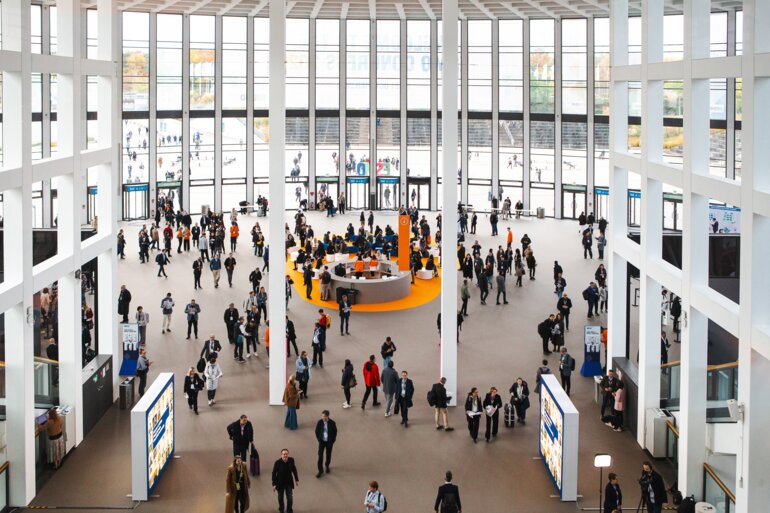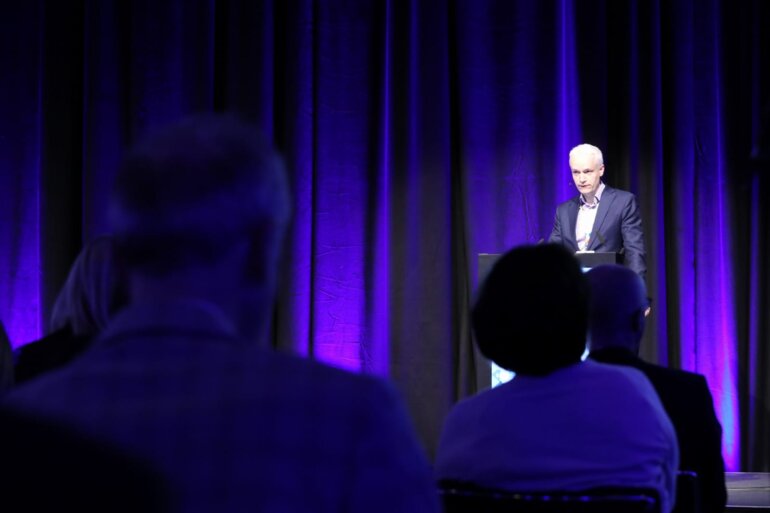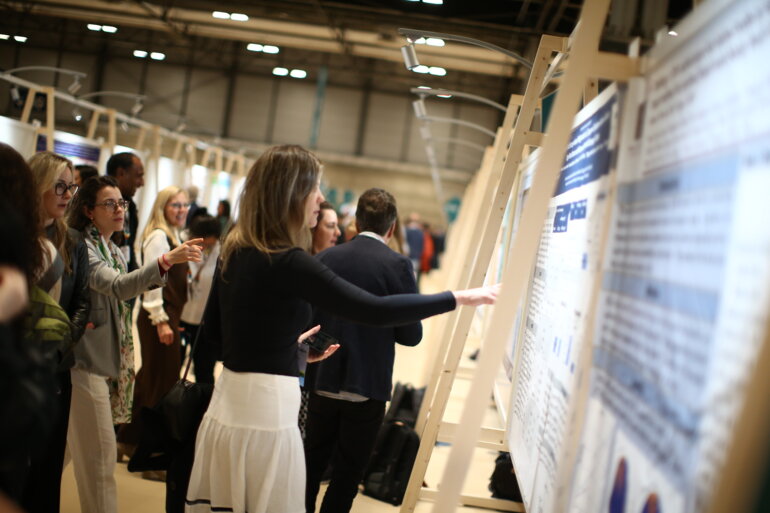The positive results of the SPEARHEAD-1 trial which showed durable responses of afamitresgene autoleucel in unresectable or metastatic synovial sarcoma granted FDA accelerated approval
Affinity-optimised engineered T-cell receptors have emerged as a promising tool for application of autologous T cells to treat solid tumours, but no engineered T-cell therapy have been approved for solid tumours so far. On August 2, the Food and Drug Administration (FDA) granted accelerated approval to afamitresgene autoleucel, a melanoma-associated antigen A4 (MAGE-A4)-directed genetically modified autologous T cell immunotherapy, for adults with unresectable or metastatic synovial sarcoma who have received prior chemotherapy, are HLA-A*02:01P, -A*02:02P, -A*02:03P, or -A*02:06P positive and whose tumours express the MAGE-A4 antigen.
The gene engineered T-cell therapy showed to produce durable responses with an acceptable benefit-to-risk profile in the open-label, non-randomised, phase 2 SPEARHEAD-1 trial which involved 52 HLA-A*02:01-03 and 06 allele positive patients with synovial sarcoma and myxoid round cell liposarcoma and whose tumour expressed the MAGE-A4 tumor antigen (Lancet. 2024 Apr 13;403(10435):1460-1471). All patients enrolled had received prior lines of systemic therapy.
Synovial sarcoma and myxoid round cell liposarcoma are rare mesenchymal malignancies accounting for 5–10% of all soft tissue sarcomas, and poorly respond to available second-line therapies, with a poor prognosis at an advanced or metastatic stage (Future Oncol. 2022 Oct;18(32):3651-3665; Cancer Med. 2020 Jul;9(13):4593-4602). These tumour types share the same biological features, including tumour immune microenvironments having few T cells and antigen-presenting cells, low PD-L1 expression, and low frequency of non-synonymous somatic mutations, and a high expression of cancer testis antigens, including MAGE-A4.
As reported in the study, overall response rate (ORR) was 37% (19 of 52; 95% CI 24–51), 39% (17 of 44; 24–55) for patients with synovial sarcoma, and 25% (two of eight; 3–65) for patients with myxoid round cell liposarcoma receiving a single intravenous dose of afamitresgene autoleucel (transduced dose range 1·0×10⁹–10·0×10⁹ T cells) after lymphodepletion. The median time to response was 4.9 weeks (95% CI: 4.4 weeks, 8 weeks). The median duration of response (DOR) was 6 months (95% CI: 4.6, not reached). Among patients who were responsive to the treatment, 45.6% and 39.0% had a duration of response greater than or equal to 6 months and 12 months, respectively.
Haematological toxicities were the most common adverse events, largely due to lymphodepletion chemotherapy. Cytokine release syndrome occurred in most patients; however, events were mostly grade 1–2 and manageable with standard treatments. However, the incidence of prolonged neutropenia in this study population was lower than previously observed in chimeric antigen receptor (CAR) T-cell therapy for haematological malignancies (Blood. 2021 Dec 16;138(24):2499-2513).
The approval of afamitresgene autoleucel represents a significant milestone in the field of personalised cell therapy for solid tumours.






